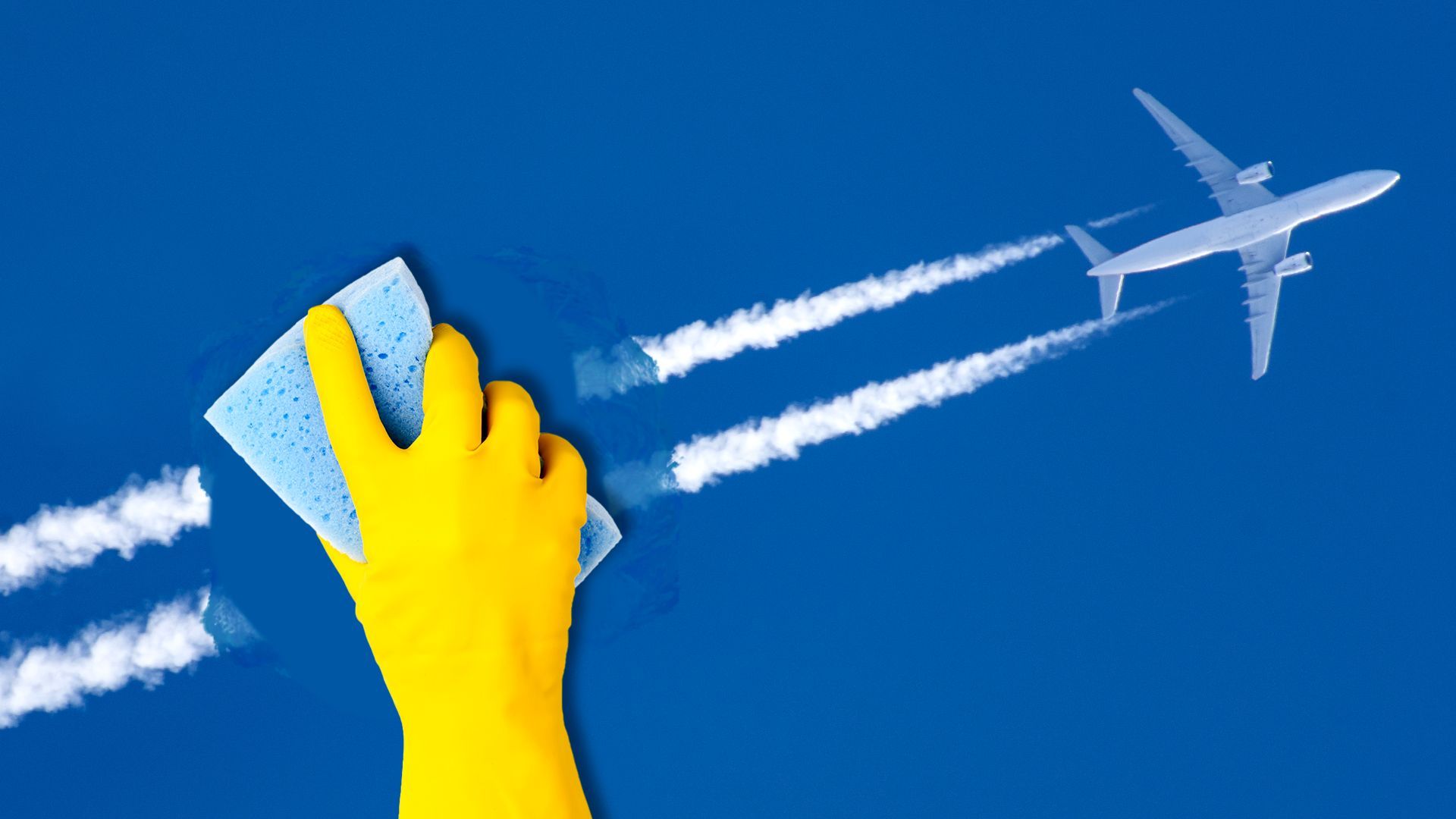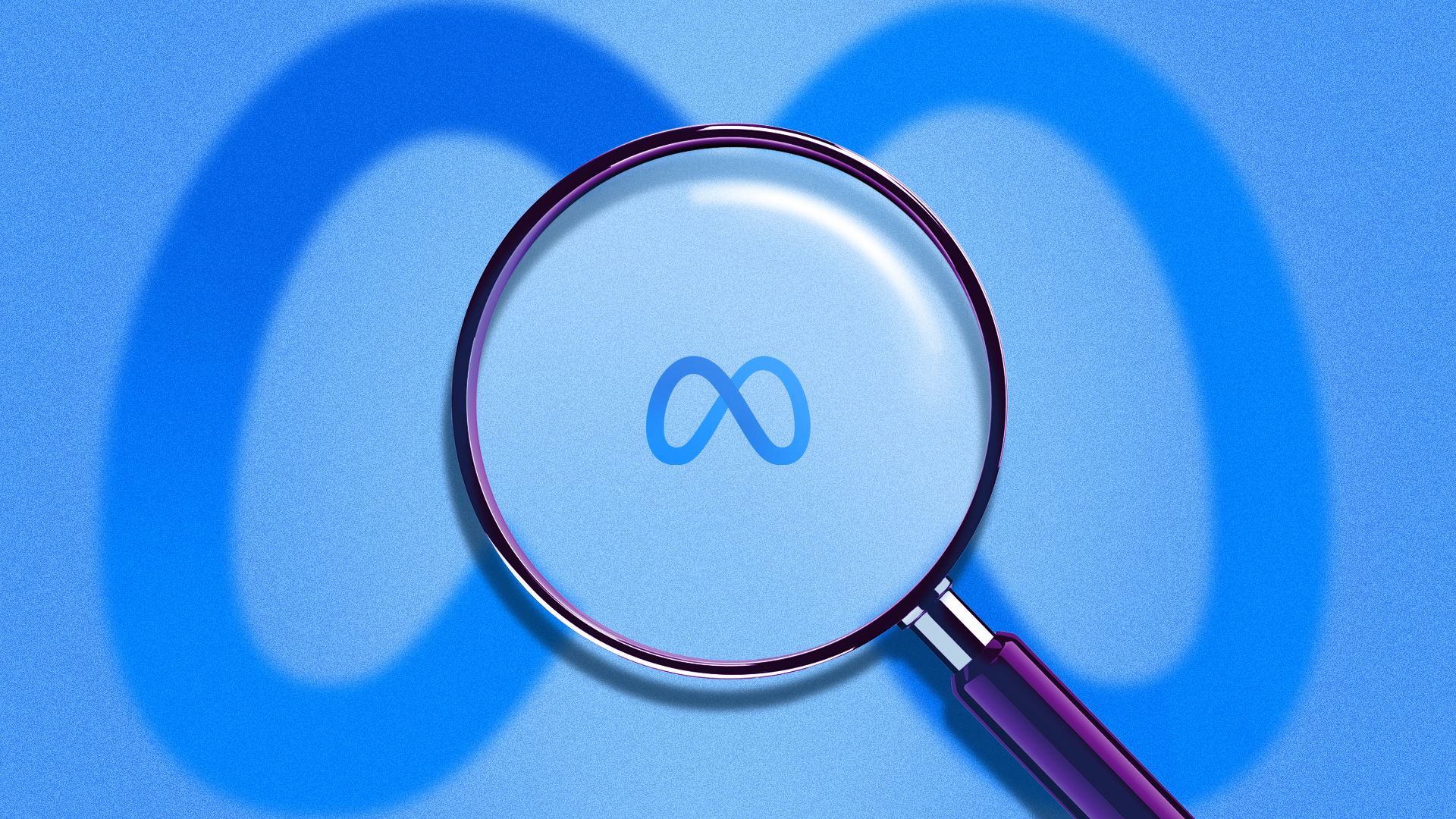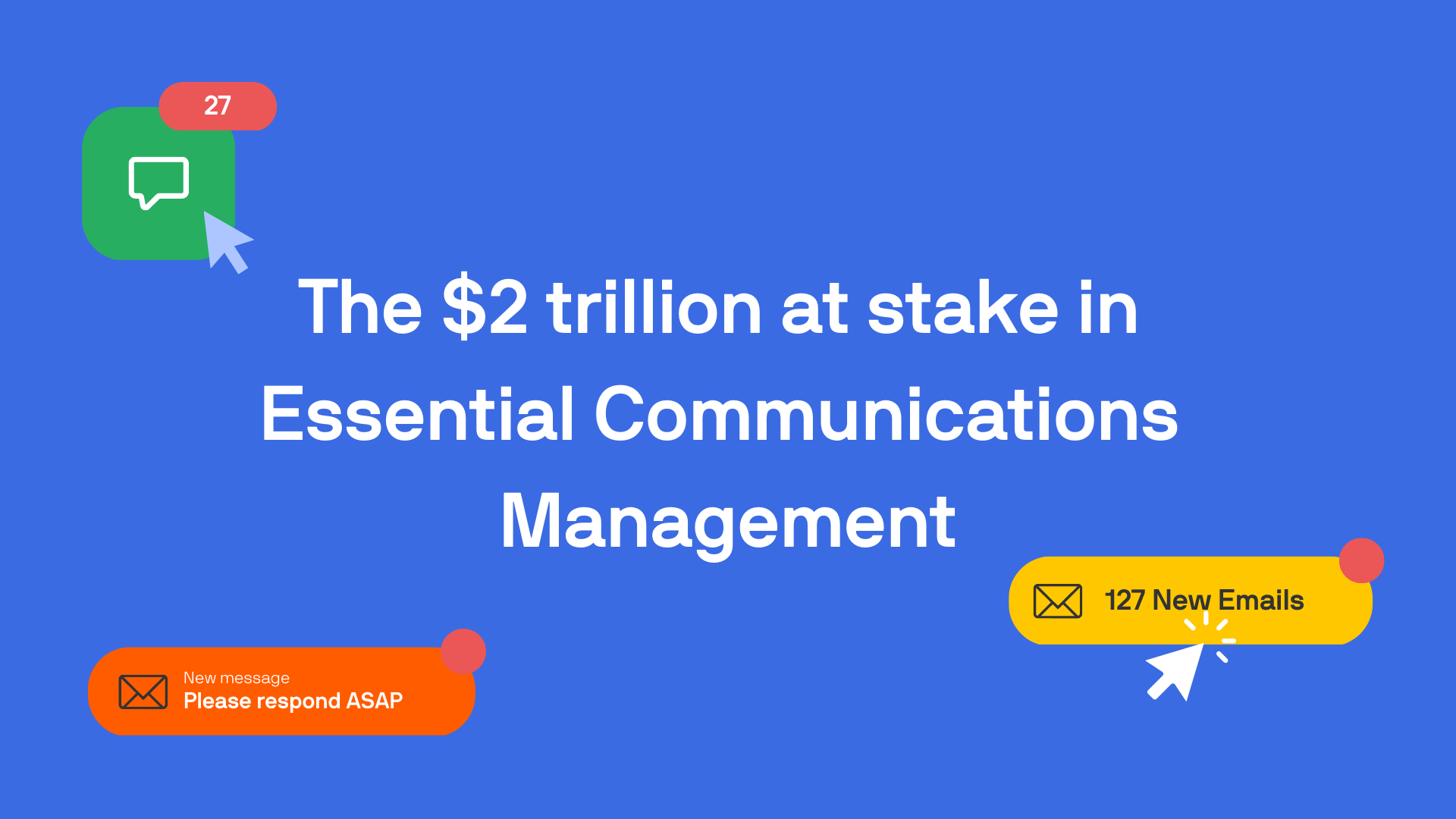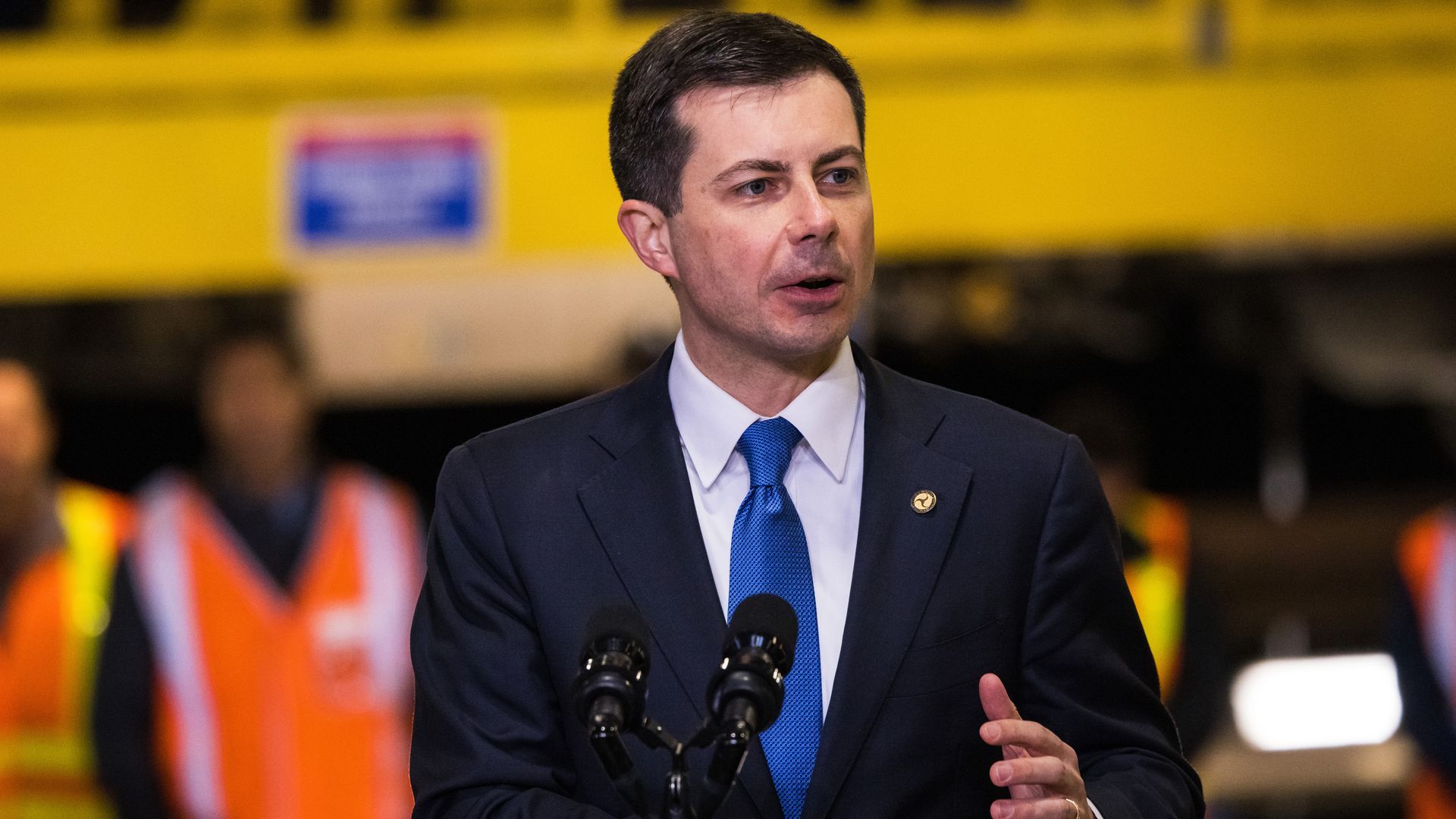| | | | | | | | | | | Axios What's Next | | By Alex Fitzpatrick, Jennifer A. Kingson and Joann Muller · Feb 22, 2023 | | Inflation may have cooled a bit last month, but high prices at the checkout counter are far from over. Today's newsletter is 882 words ... 3½ minutes. | | | | | | 1 big thing: Grocery prices creep back up |  Data: CPI; Chart: Axios Visuals Grocery prices ticked up nationally in January after an apparent inflation respite in December, per the latest Consumer Price Index (CPI) data, Alex Fitzpatrick and Kavya Beheraj report. By the numbers: The cost of groceries rose 0.7% in January as compared to the prior month. - That comes after December prices rose only about 0.2% from November.
Why it matters: For many of the approximately 63% of Americans living paycheck to paycheck, rising food prices can be an especially difficult financial challenge. - Such prices, meanwhile, are particularly vulnerable to outside and difficult-to-control forces, such as climate change and geopolitical happenings.
Zoom in: Among the metro areas with newly published CPI data, some of the highest increases in grocery prices were reported in Denver (+2% between November 2022 and January 2023) and Washington, D.C. (+1.6%). (Data from these areas is published every other month.) - Chicago had among the lowest increases, at +0.8% between November 2022 and January 2023.
The big picture: Mark Schneider, CEO of global food giant Nestlé, recently predicted that the price of staple foods will keep rising this year. - "We are still in a situation where we're repairing our gross margin and, like all the consumers around the world, we've been hit by inflation and now we're trying to repair the damage that has been done," Schneider said in a statement, as Axios' Sareen Habeshian reported.
Yes, but: The retail price of one key food item — eggs — is expected to drop after a collapse in wholesale prices. The bottom line: While inflation had appeared to be cooling off broadly speaking, experts are warning that price increases are still possible, even likely — similar to aftershocks following an earthquake. - "No one said disinflation would be a smooth ride," Robert Frick, an economist at the Navy Federal Credit Union, wrote in a recent note, as Axios' Neil Irwin and Courtenay Brown reported.
Share this story. |     | | | | | | 2. United launches sustainable fuel fund |  | | | Illustration: Annelise Capossela/Axios | | | | United Airlines is launching a $100 million-plus fund to invest in sustainable fuel startups, the company announced Tuesday, Alex reports. - It's working alongside a bevy of industry partners, including Air Canada, Boeing, GE Aerospace and others.
Why it matters: While flashy electric airplane startups get lots of attention, sustainable aviation fuels (SAFs) are more likely to help reduce air travel emissions in the short and medium term. Details: United Airlines' Ventures Sustainable Flight Fund, as it's called, will "prioritize investment in new technology, advanced fuel sources and proven producers," per the company's statement. Yes, but: SAFs aren't carbon neutral, and production remains sluggish. - The latter problem, at least, could be solved with more investment.
The intrigue: Upon booking their travel, United passengers will be offered the option to contribute to the fund — similar to how many airlines allow you to purchase carbon offsets. - The first 10,000 travelers to do so will get 500 free miles added to their United account.
What they're saying: "It's not about offsets or things that are just greenwashing," United CEO Scott Kirby said in a statement. - "Instead, we're creating a system that drives investment to build a new industry around sustainable aviation fuel, essentially from scratch."
The big picture: All airlines are striving to decarbonize — but they'll need big technological breakthroughs to significantly reduce emissions. |     | | | | | | 3. Meta testing paid verification |  | | | Illustration: Sarah Grillo/Axios | | | | Facebook and Instagram parent Meta is testing a monthly subscription service that allows users to verify their accounts, Axios' Ivana Saric reports. Why it matters: The move is aimed at "increasing authenticity and security across our services," Meta CEO Mark Zuckerberg wrote. State of play: Called Meta Verified, the subscription service will roll out this week in Australia and New Zealand, with other countries to follow. - Users will be able to verify their accounts using a government ID.
- In return, they will gain a verified blue badge, direct access to customer support and "extra impersonation protection against accounts claiming to be you," says Zuckerberg.
By the numbers: Meta Verified will cost $11.99 a month for web users and $14.99 a month on iOS. The big picture: Having a decent quality of digital life is getting pricier by the day, as Axios' Hope King and Sara Fischer write. Share this story. |     | | | | | | A message from Axios | | A $2 trillion problem | | |  | | | | Ineffective communications waste $2 trillion in time, energy, and opportunity each year — or $15,000 per employee, according to IDC and OECD data. To align and activate organizations on what matters most, you need Essential Communications Management (ECM) Watch this video to learn more about it. | | | | | | 4. Buttigieg wants bigger rail fines |  | | | Transportation Secretary Pete Buttigieg speaking in New York City in January 2023. Photo: Michael M. Santiago/Getty Images | | | | Secretary of Transportation Pete Buttigieg wants Congress to increase the maximum fines that the Transportation Department can issue over rail safety violations, Axios' Jacob Knutson reports, following this month's derailment of a Norfolk Southern train carrying hazardous materials in Ohio. - He also wants to strengthen rules governing dangerous shipments.
What they're saying: "Profit and expediency must never outweigh the safety of the American people," Buttigieg told reporters. - "We at USDOT are doing everything in our power to improve rail safety, and we insist that the rail industry do the same — while inviting Congress to work with us to raise the bar."
The big picture: A mechanical issue is believed to be at least partially responsible for the derailment on Feb. 3 in East Palestine, Ohio, but investigators haven't yet made an official determination. - Because of the risk of an explosion after the incident, Norfolk Southern released and burned vinyl chloride from five tanker cars. The substance is a colorless but hazardous and carcinogenic gas used to produce PVC plastic and vinyl products.
- The EPA on Tuesday ordered Norfolk Southern to clean up the affected area.
Read the rest. |     | | | | | | A message from Axios | | A $2 trillion problem | | |  | | | | Ineffective communications waste $2 trillion in time, energy, and opportunity each year — or $15,000 per employee, according to IDC and OECD data. To align and activate organizations on what matters most, you need Essential Communications Management (ECM) Watch this video to learn more about it. | | | | Big thanks to What's Next copy editor Amy Stern. Was this email forwarded to you? Get your daily dose of What's Next by signing up here for our free newsletter. |  | | Are you a fan of this email format? Your essential communications — to staff, clients and other stakeholders — can have the same style. Axios HQ, a powerful platform, will help you do it. | | | | | | Axios thanks our partners for supporting our newsletters.
Sponsorship has no influence on editorial content. Axios, 3100 Clarendon Blvd, Arlington VA 22201 | | | You received this email because you signed up for newsletters from Axios.
To stop receiving this newsletter, unsubscribe or manage your email preferences. | | | Was this email forwarded to you?
Sign up now to get Axios in your inbox. | | | | Follow Axios on social media:    | | | | | |








No comments:
Post a Comment